Cooking from scratch doesn't have to be difficult and can be a great way to create home-cooked meals for your family. Here are my top 15 cooking skills to master to easily cook from scratch in your very own home.
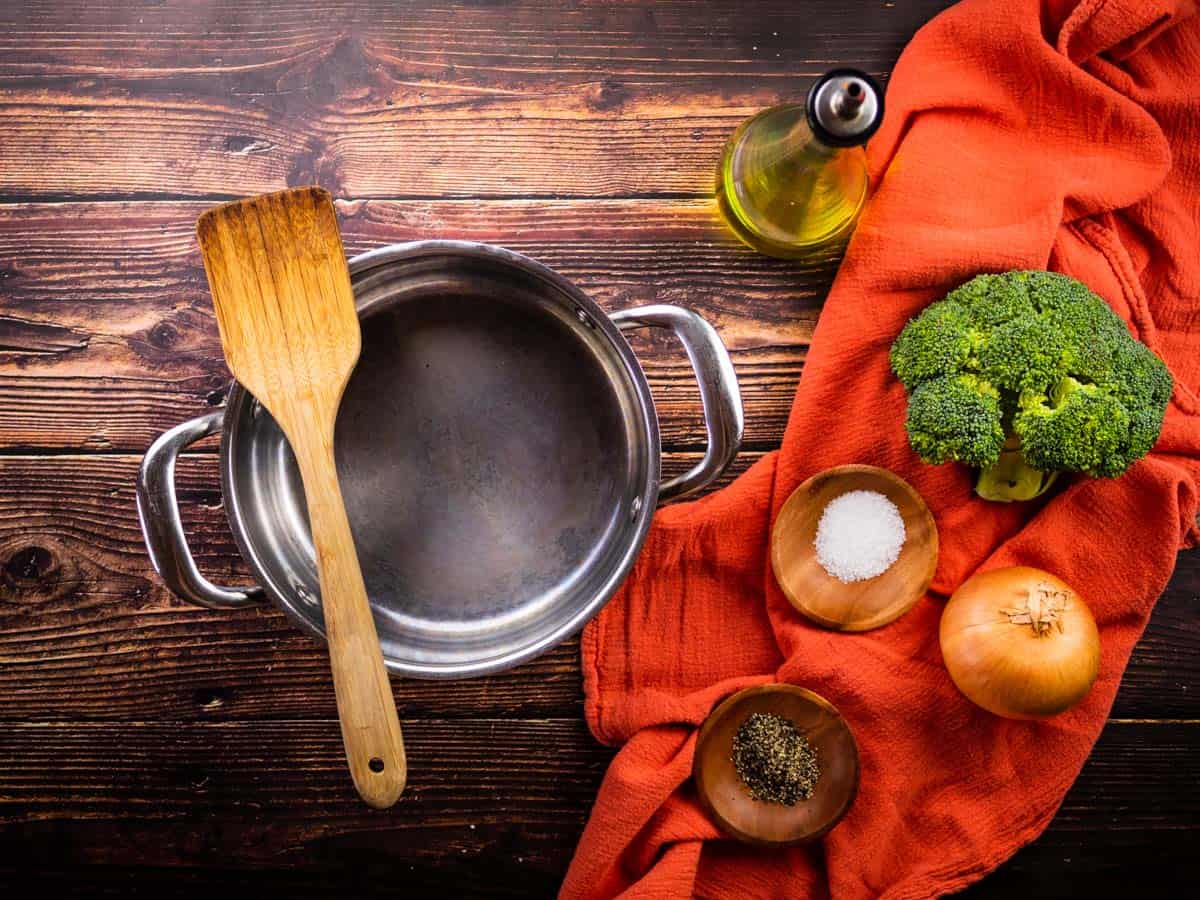
Jump to:
- Knife Skills
- How to Roast Meat and Vegetables
- Stovetop Cooking Basics
- Handling Food Safely
- Making a Flavorful Sauce
- Stocking Your Kitchen
- How to Cook Grains and Pasta
- Making Stock from Scratch
- How to Season Food Properly
- Learn How to Knead Dough
- Staying Organized
- Learn Basic Cooking Terms
- How to Cook Eggs
- Making Salad Dressing from Scratch
- Balancing Flavors
- 💬 Comments
Knife Skills
Handling a knife is probably one of the most important kitchen skills you can have. It will make sure you can easily chop, slice and dice your ingredients to make delicious recipes from scratch.
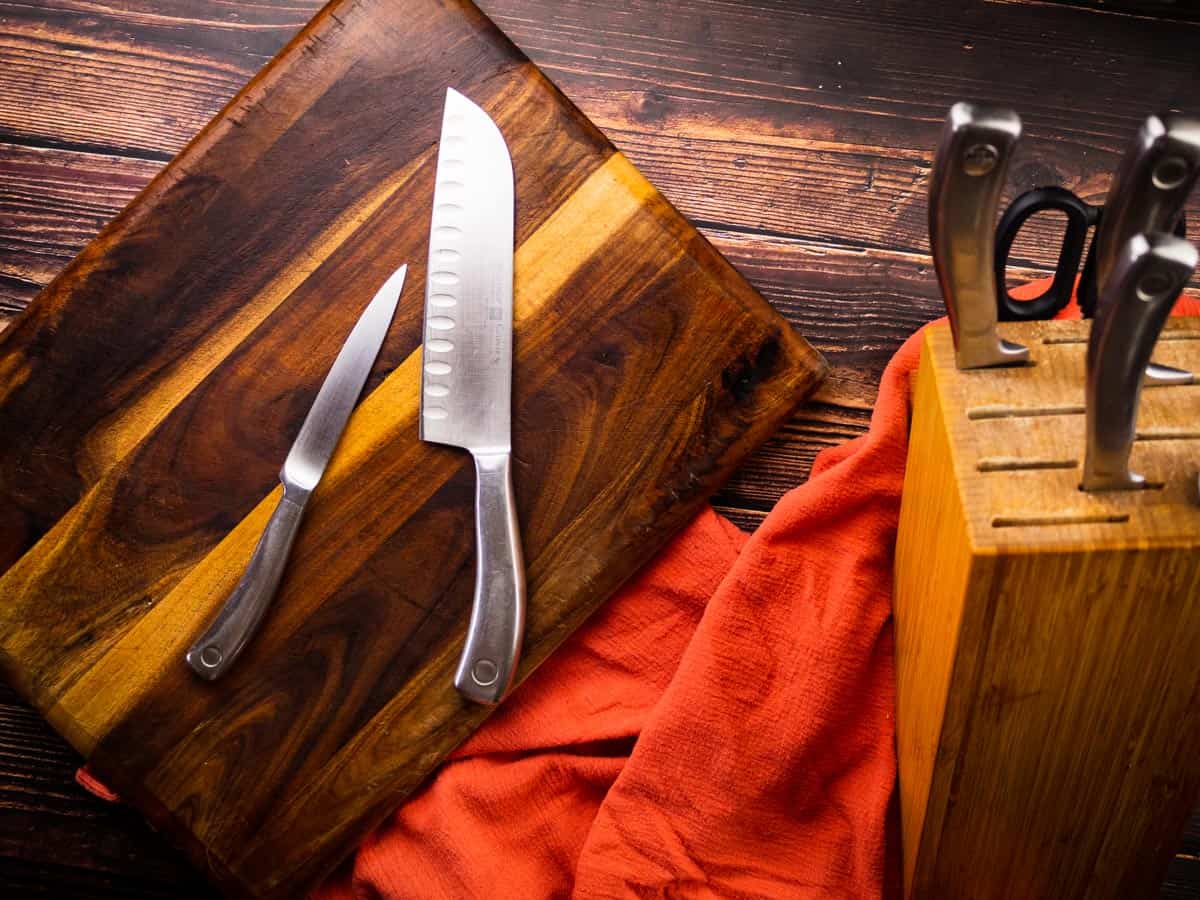
A large, expensive knife set is not necessary, but it is important to have a sharp knife. Dull knives don’t cut through things easily and can cause slippage which could lead to injury.
Grab yourself a basic knife set to start practicing your skills. Then, once you are more advanced, you can easily add to or upgrade your set later.
Learn how to grip a knife properly so you can be in control and keep your fingers out of harm's way. The best way to feel more comfortable with a knife is to practice.
The more you try chopping and slicing different types of ingredients, the more confident you will feel in preparing your recipes.
How to Roast Meat and Vegetables
Learning how to roast vegetables and meats is an important skill to master when cooking from scratch. Knowing the general cooking time for roasting asparagus or a whole chicken will allow you easily to create your own recipes.
This particular method of cooking utilizes dry heat to cook the food on all sides and enhances the flavor through caramelization and browning. By simply adding olive oil and spices, you can easily cook up flavorful dishes with minimal preparation and simple ingredients.
Stovetop Cooking Basics
Cooking on a the stovetop is also important skill for any home cook to learn. It allows you to cook meat, vegetables, sauces and more.
Learning different cooking techniques, such as searing, sautéing, stir frying, poaching and steaming will help you build your confidence to cook a variety of side dishes and main entrees.
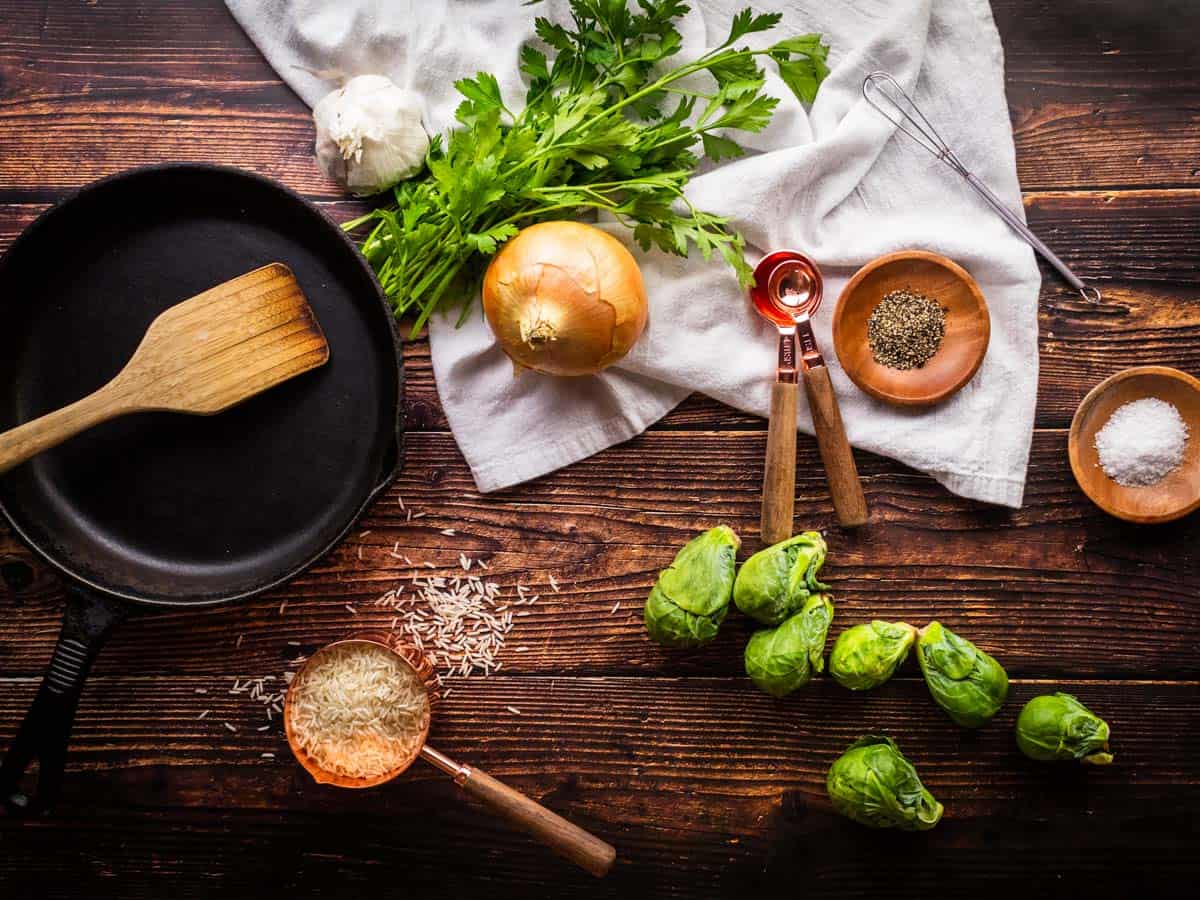
Handling Food Safely
No one wants to spend their day cooking a cozy Sunday dinner, only to find out the whole family got food poisoning. Making sure you are properly handling food, like meat and vegetables will ensure everyone stays safe and that they keep coming back every weekend!
Don’t cross contaminate when handling raw meats, such as chicken breast and other ingredients, like vegetables. Use separate cutting boards and knives for these items and make sure to wash your hands before and after.
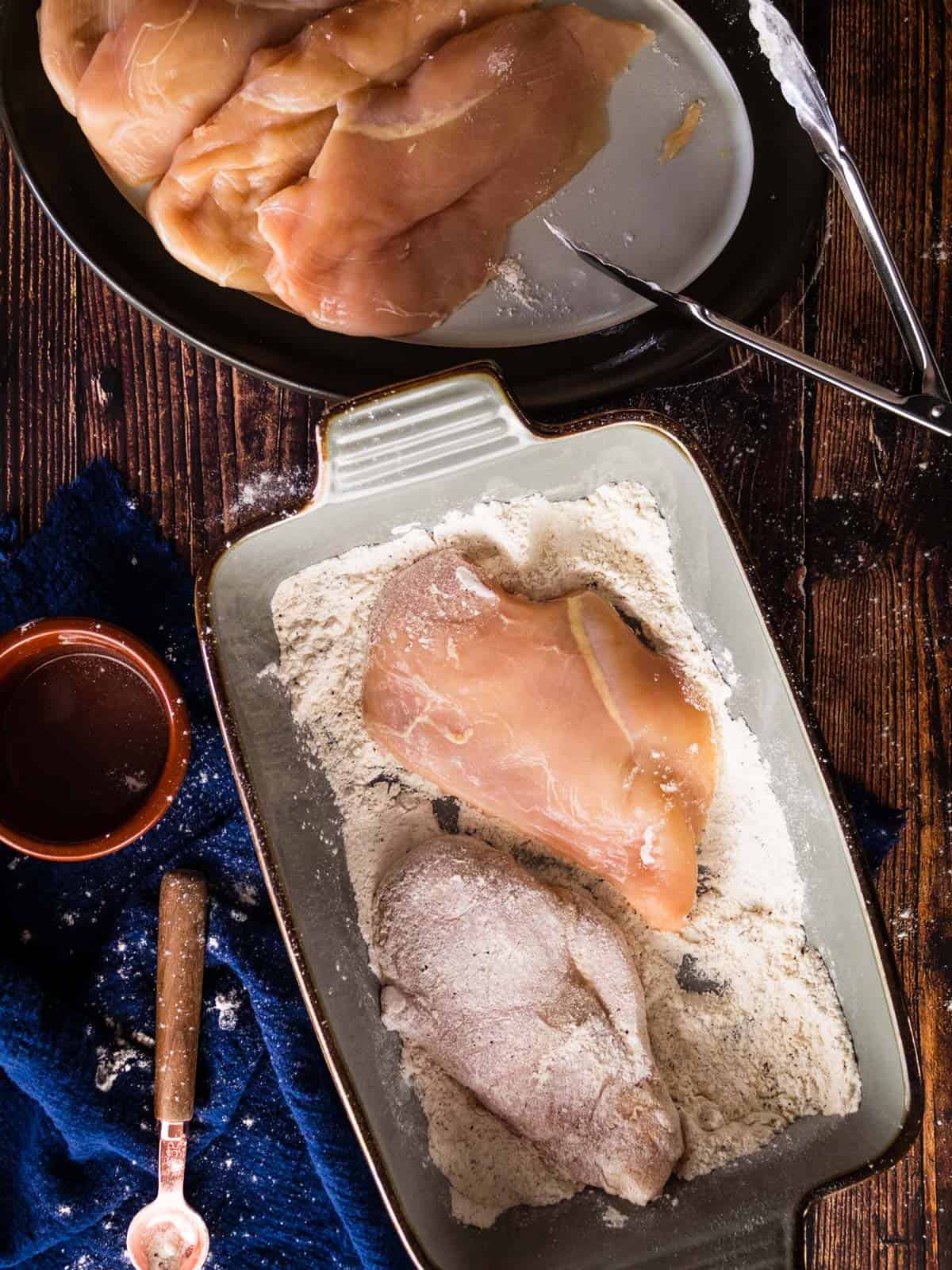
Make sure you are properly refrigerating items both before and after cooking. Don't leave food at room temperature for too long, or it will be risk for developing bacteria.
In general, the rule of thumb is to not leave food out for more than 2 hours. If it's outside and it's hot, it should be even less than that.
Always cook meat to the recommended temperature. Get a reliable kitchen thermometer so you can make sure your food is cooked properly every time.
Making a Flavorful Sauce
Being able to make a flavorful sauce for your dishes is like the icing on the cake. Learning the foundations of basic sauces, also known as the “Five Mother Sauces”, will help you feel more confident with making your own!
- Bechamel - A creamy white sauce made from butter, flour and milk.
- Hollandaise - A rich egg yolk based sauce that is mixed with clarified butter.
- Veloute - A white sauce made with roux and a clear stock.
- Espagnole - A basic brown sauce or gravy made with browned roux and stock.
- Classic Tomato - A tomato based sauce made with or without a roux.
Stocking Your Kitchen
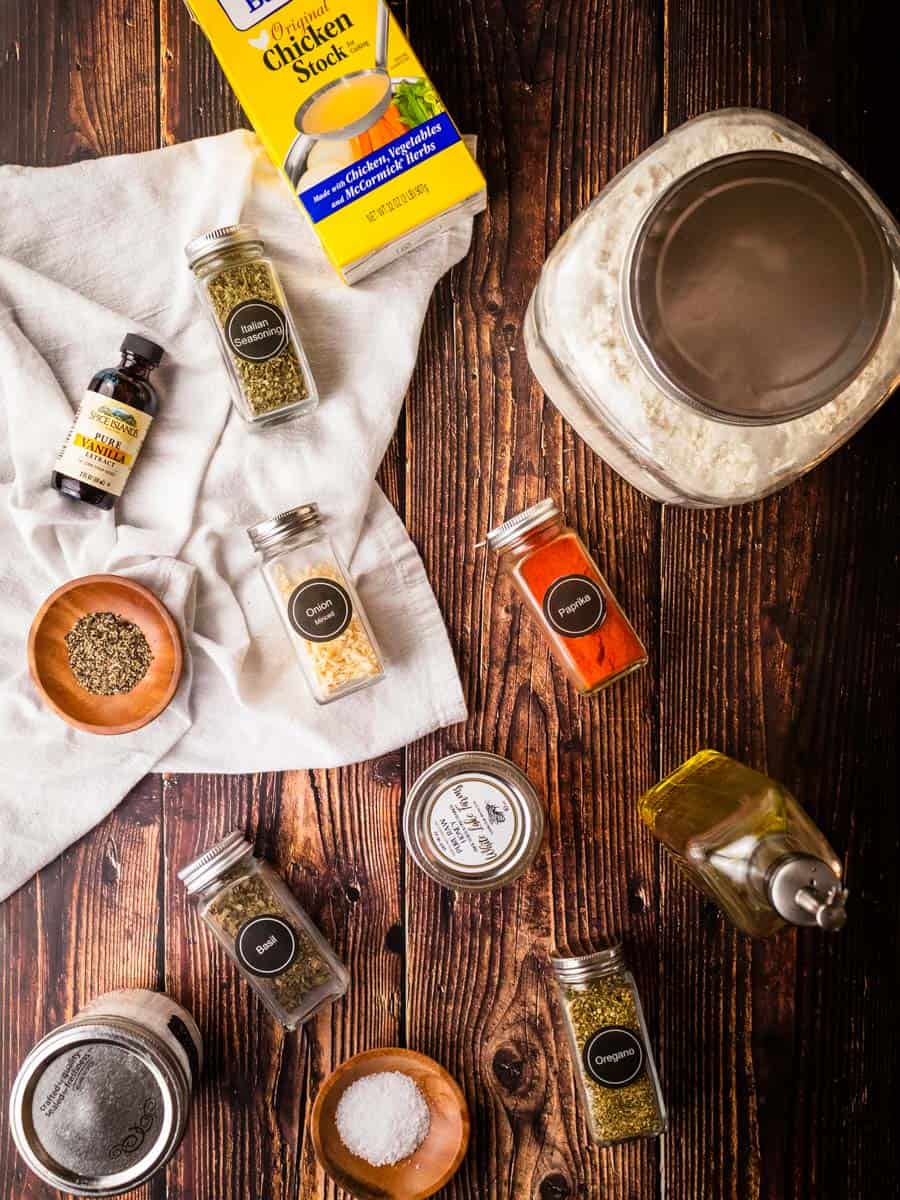
When cooking from scratch, it makes it easy to whip up a recipe when you have the essentials on hand. Stock your kitchen with basic spices, oils, canned items and more. That way you can create easy dinner recipes without having to run to the grocery store every time.
How to Cook Grains and Pasta
Learning how to cook different types of grains and pasta is another one of the basic skills you want to master. Once you learn the ratios and techniques needed to cook rice, pasta and more, the possibilities are endless.
When cooking rice and grains, the basic idea is to boil them with water for a certain period of time. Rinsing your grains beforehand will remove excess starch and help them not to become mushy. Toasting rice and grains ahead of time will enhance their natural flavors.
Pasta is best cooked al dente in salted boiling water. Salting the water will help enhance the flavor of the pasta and the end result of your dish.
For most recipes, it's best not to rinse pasta after cooking it so that the sauce sticks to the pasta. If you are tossing your pasta with a sauce, reserve some of the pasta cooking water to mix with your sauce to add even more flavor.
Making Stock from Scratch
Making stocks and broths from scratch is an easy way to add a ton of flavor when cooking from scratch. A flavorful, rich broth or stock adds a wonderful flavor base to soups, stews, sauces and more.
Broth - A broth is a cooked for a shorter amount of time and is made with meat and vegetables. This can be done with beef, pork, seafood and chicken as well as just vegetables and herbs for a vegetable broth.
Stock - Stocks on the other hand are simmered for a longer amount of time and made with roasted bones in addition to vegetables and herbs. It has a bit of a richer flavor to it due to the roasted bones and the longer cooking time.
How to Season Food Properly
The addition of too much or too little salt can really make, or break a dish. Learning what spices go together for different cuisines and dishes will also help make sure your food is full of good flavors.
There are so many different ways that you can season your food. Start by learning basic spice combinations that are popular for different cuisines such as Italian, BBQ, Greek and Mexican. Then you can start experimenting on your own to create your own flavors.
Don’t forget to taste your dish along the way to make sure every step is flavorful before moving onto the next.
Learn How to Knead Dough
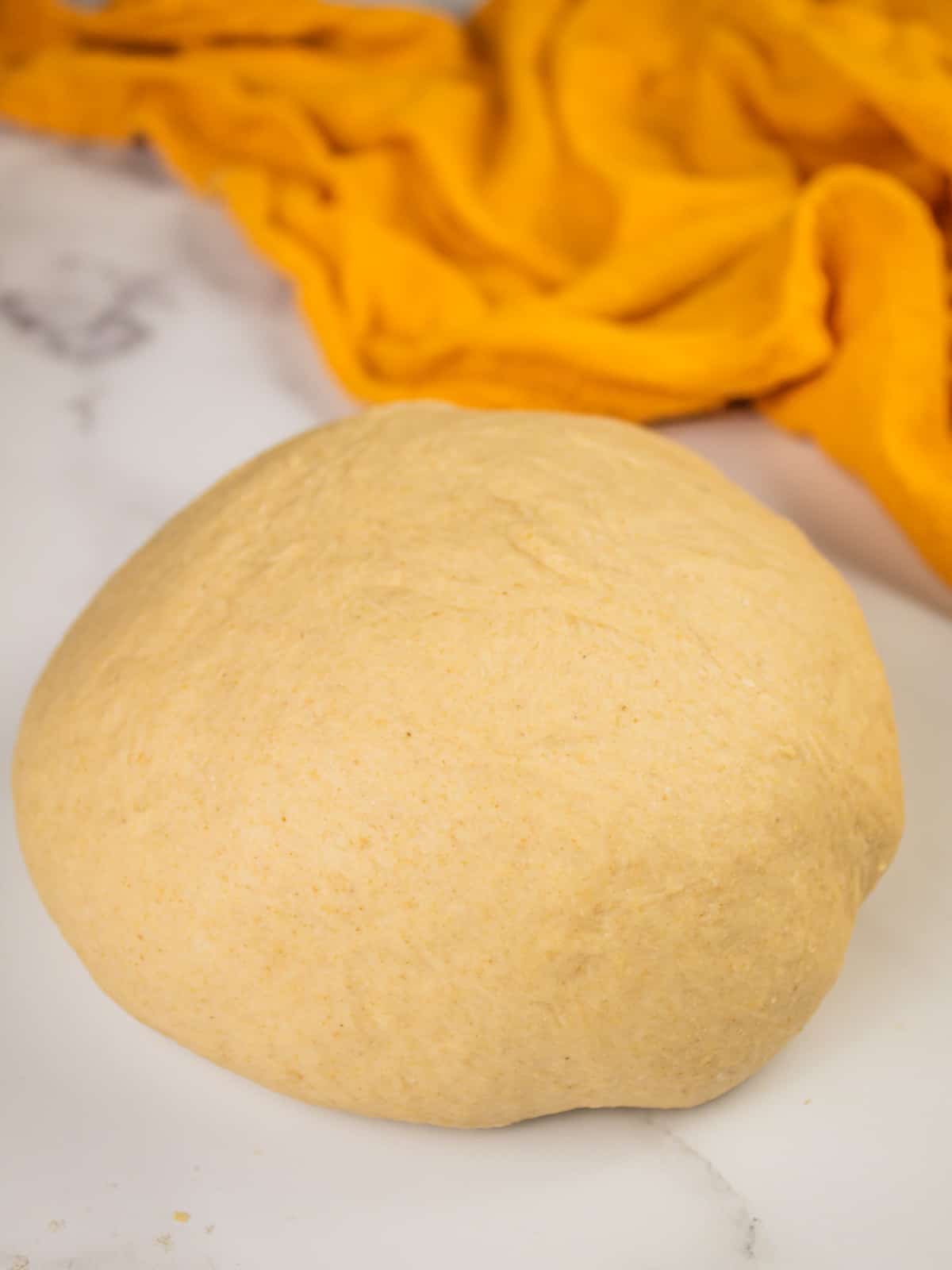
Baking from scratch can be a scary endeavor to take on if you aren't familiar with it. Kneading dough for crackers, bread, flatbreads and more will help you to be able to bake and cook a variety of recipes.
When you knead dough, it allows protein molecules in the flour to form and create gluten strands. This will eventually create gas that will help the dough rise.
Dough can be kneaded by hand or with the help of a stand mixer. For large batches of dough that kneaded for a long time, a stand mixer definitely comes in handy.
Kneading by hand is also an important skill to master. When you can feel that the dough is soft enough and ready to be risen, then you ensure the best texture.
Staying Organized
I know this may sound silly, but staying organized is the key to successfully cooking in the kitchen. This is especially helpful when you are entertaining a large group or cooking a big meal during the holidays.
Always read through your recipes ahead of time. Go over the ingredients, the instructions and any notes listed. That way you know you have everything and are comfortable with the techniques used.
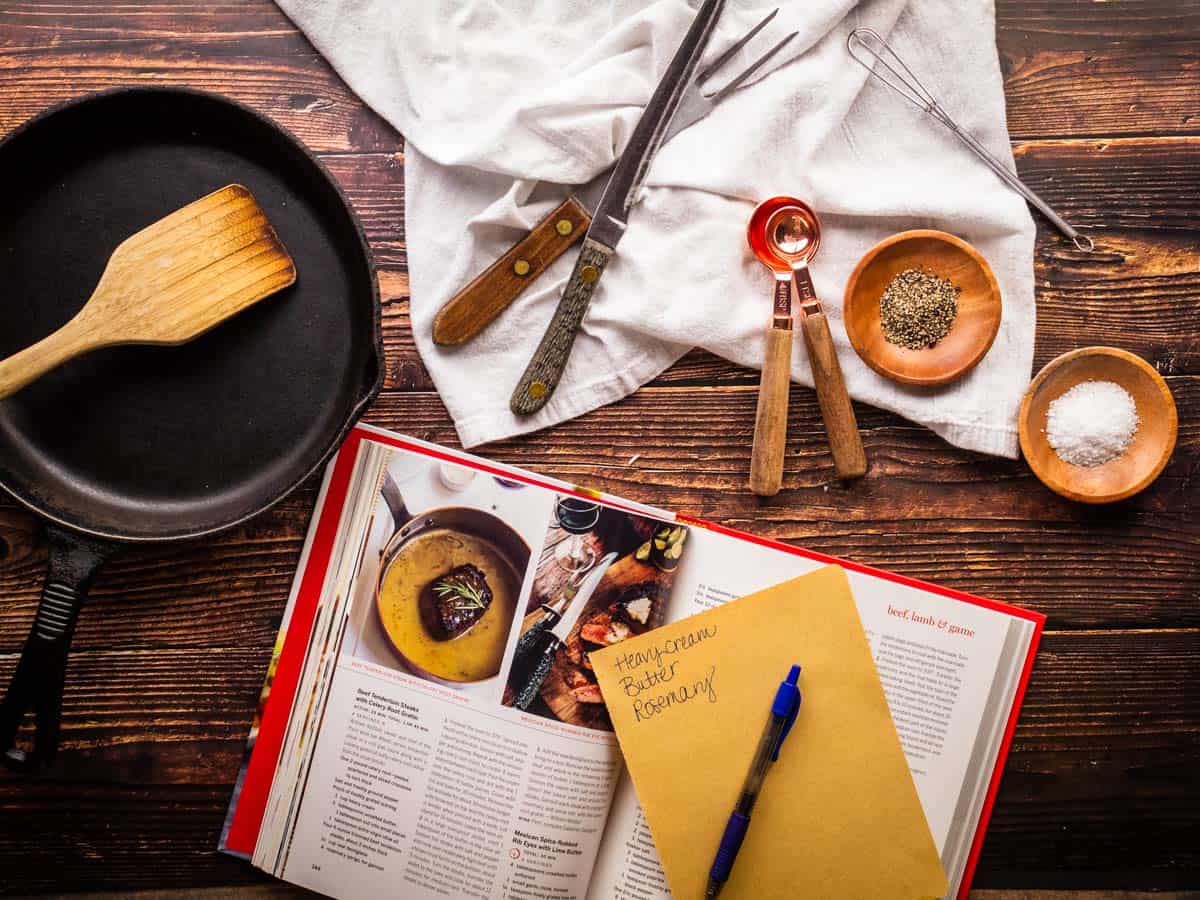
Mise en place is a french term that means "everything in it's place". It refers to the gathering and organizing of ingredients ahead of time. Making sure you have all of your ingredients and equipment out ahead of time will make sure you aren't scrambling in the middle of a recipe.
Don't forget to clean as you go. If you are done with a tool or ingredient, put it in the sink or away so your work space isn’t cluttered. If you have some down time in the recipe, start washing dishes and wiping down counters.
Learn Basic Cooking Terms
Cooking, just like any skill, has its own language and jargon. If you aren't familiar with different terms and techniques, it can definitely be overwhelming. Learning some basic terms that you can reference will make it easier over time.
Whether you are a seasoned cook or just starting out on your journey, my glossary of cooking terms and definitions is a great reference if you ever come across something that is unfamiliar.
How to Cook Eggs
Eggs are a delicate item that take some basic skill to cook properly. They are also a staple in many dishes, especially breakfast ones.
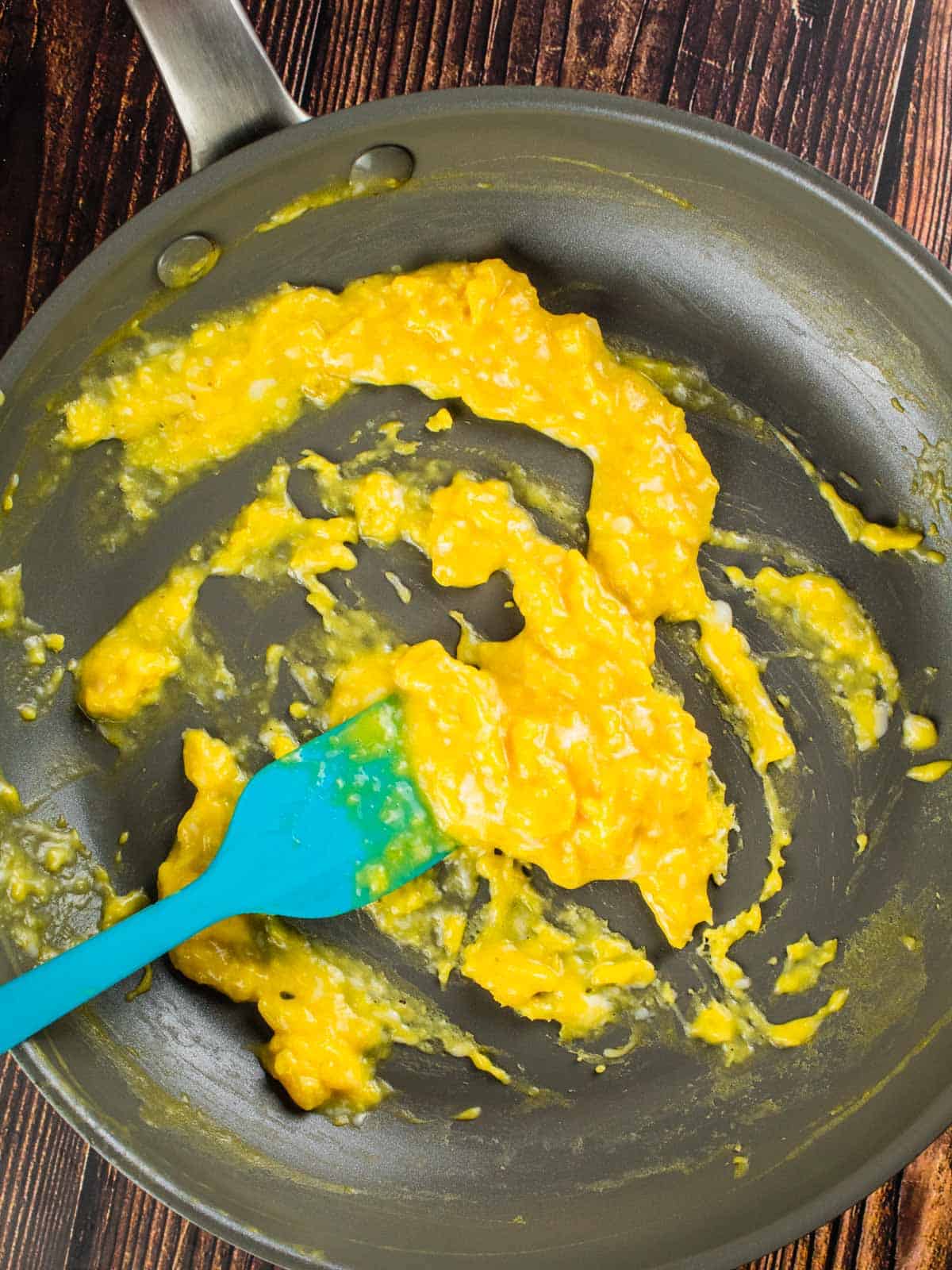
Learning basic cooking methods, such as scrambling, frying, poaching and boiling are skills that are essential to cooking from scratch. In general, using a lower temperature will help the eggs to cook gently so they don't burn or become rubbery.
Making Salad Dressing from Scratch
Making salad dressing from scratch is one of the easiest ways to switch up the flavors in your salads. Once you learn the basic ratios for making a vinaigrette and other dressings, the flavor possibilities are endless!
The general ratio when starting a great vinaigrette is 3 to 1. That means there will be 3 parts oil to 1 part vinegar. From there, different oils, vinegars and other flavorings can be added to create delicious homemade salad dressings.
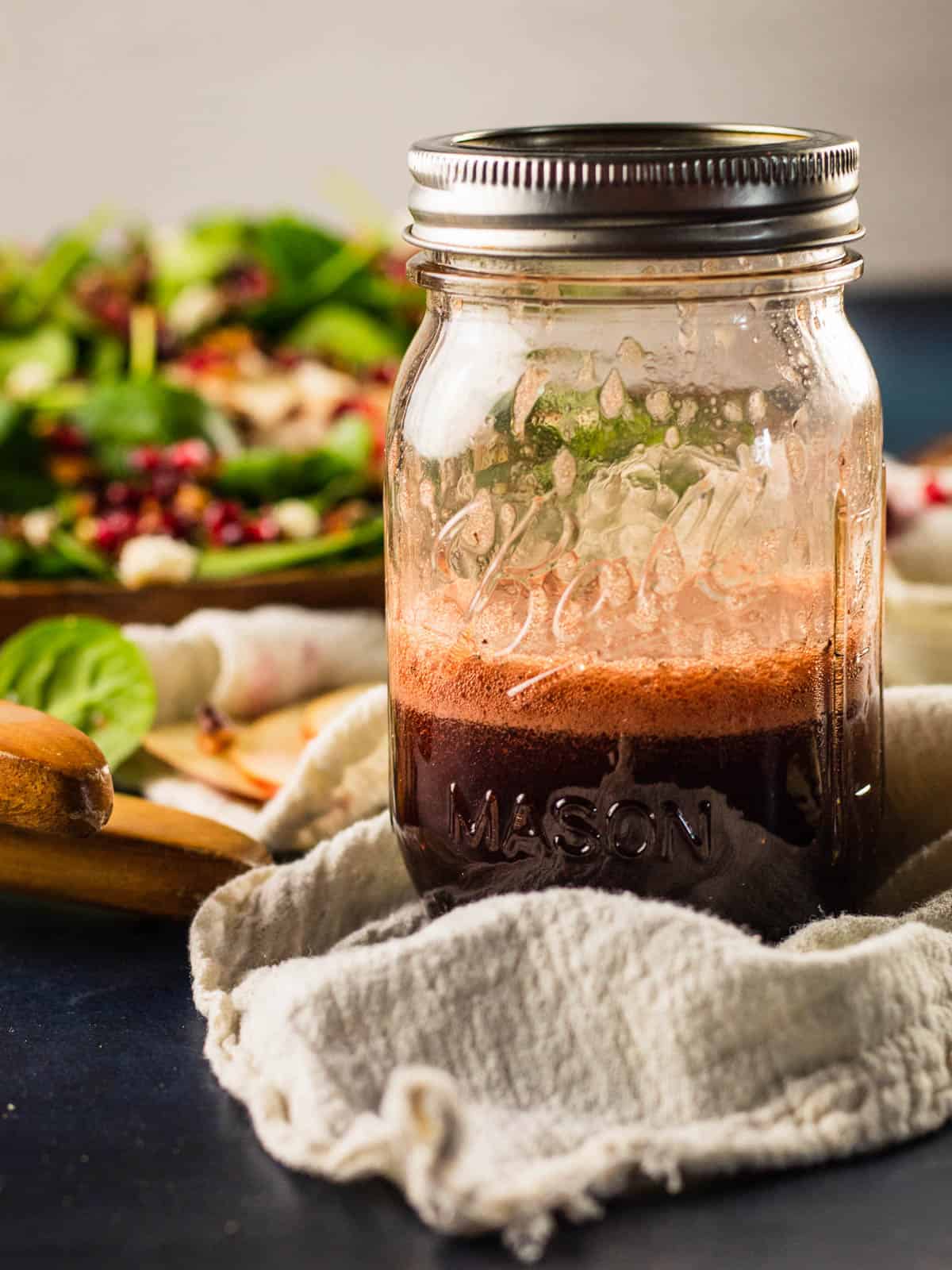
Balancing Flavors
Lastly, learning how to balance flavors in your dishes is a very useful skill when cooking from scratch. Not only will it make you a better cook, but will open up your palate to a variety of flavor combinations. It can take some time to master, but you will soon be on your way to creating delicious food with great ingredients.
It may take some trial and error, but trying different flavor combinations together will help you gain knowledge and confidence in your dishes. Make sure to taste along the way and with more and more practice, you will be able to season your dishes like a pro!
If you ever don't recognize a tool or skill that is mentioned, be sure to look it up in our Glossary of Cooking Terms and Definitions for more information.
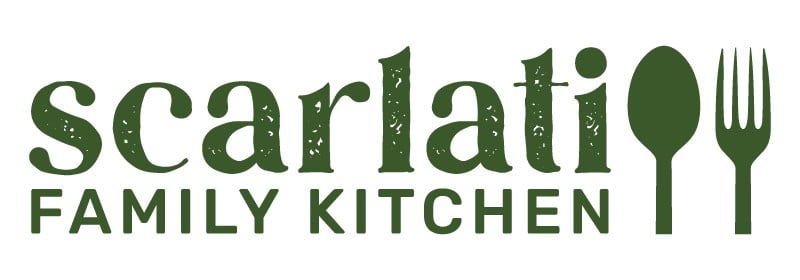
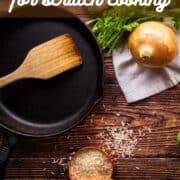
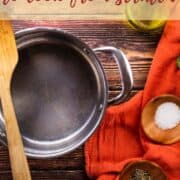
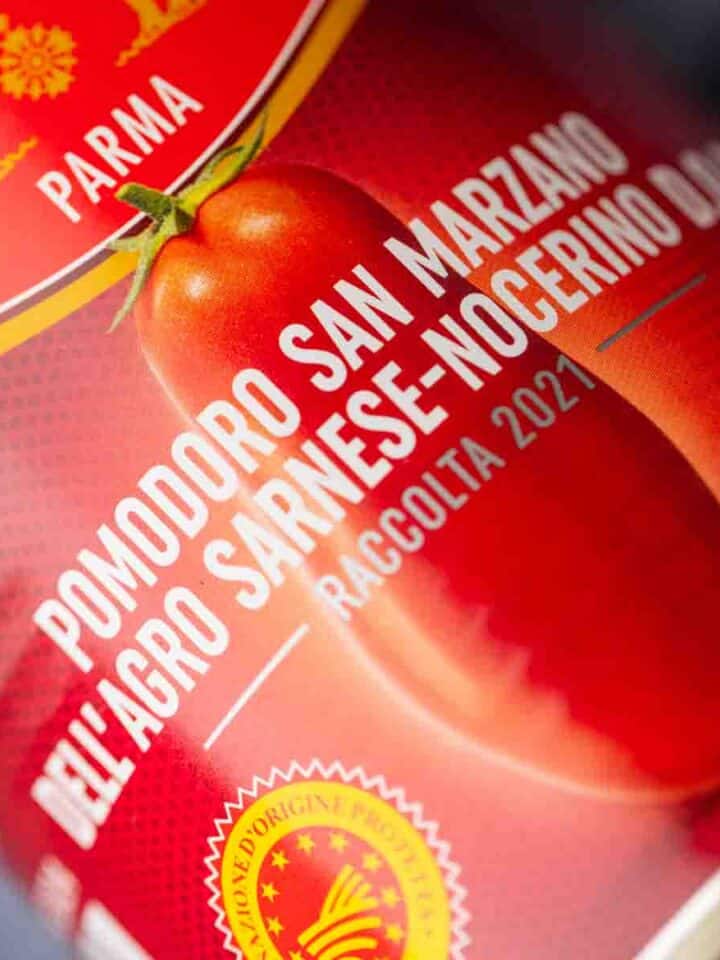
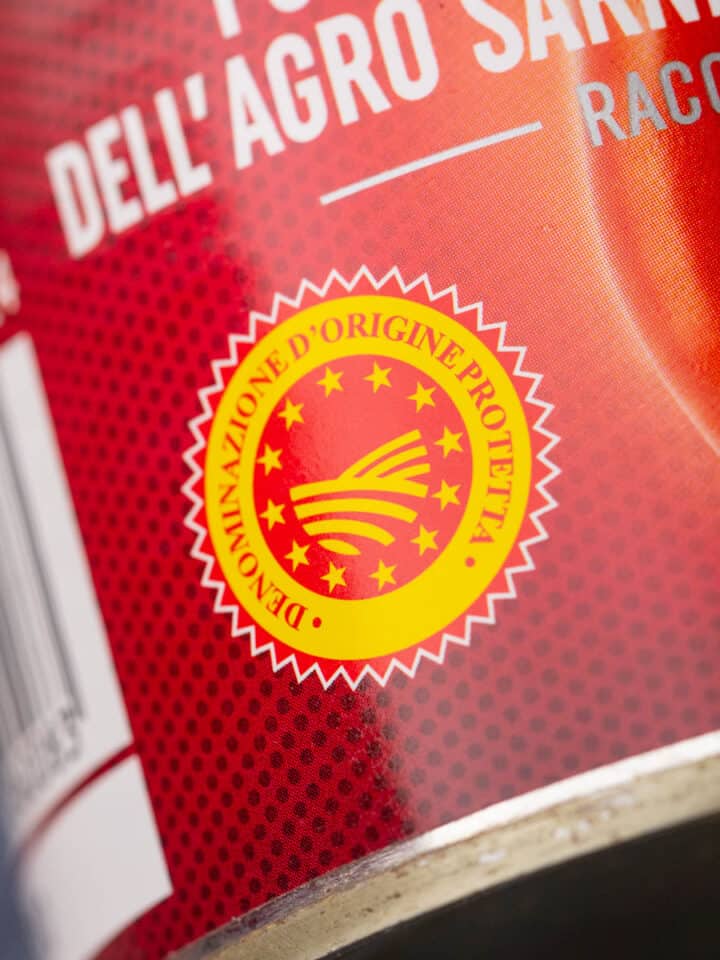
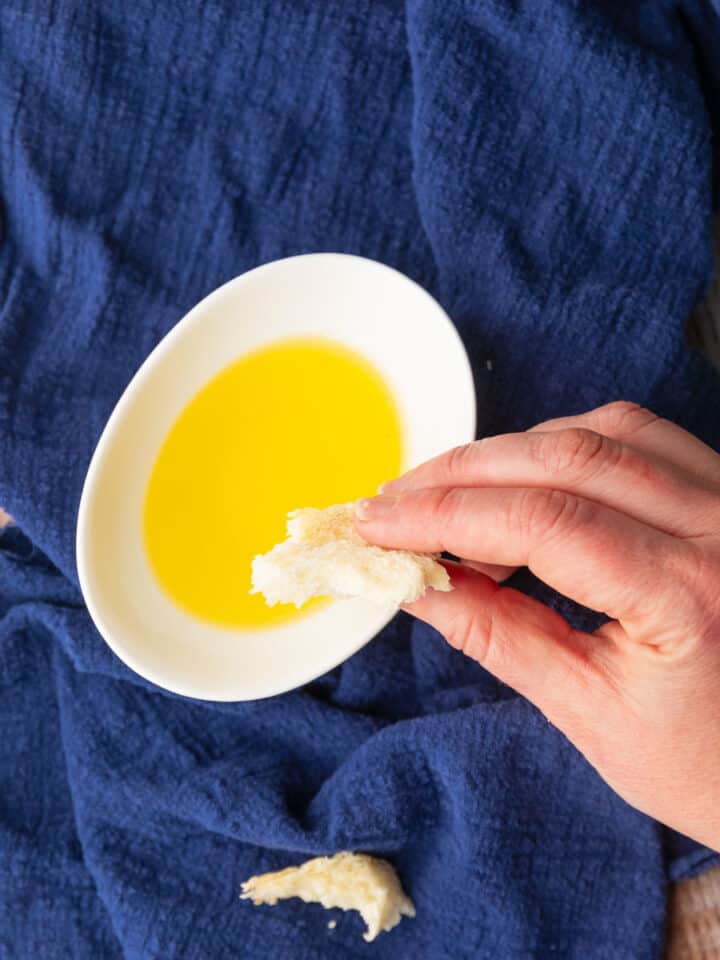
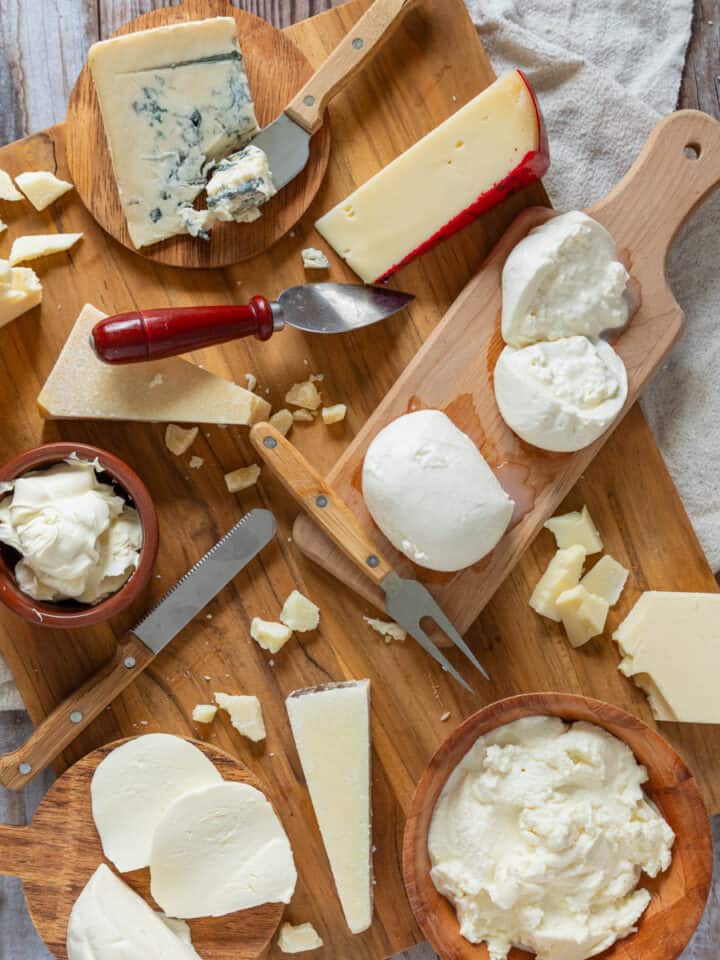
Comments
No Comments